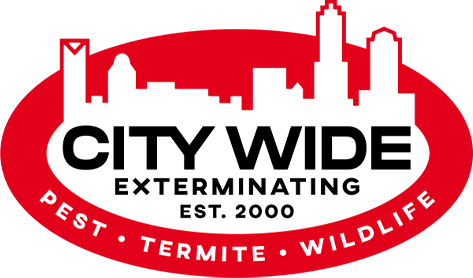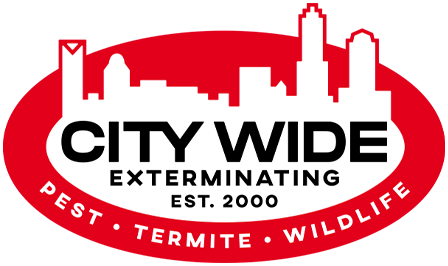A mouse digging around your pantry. A squirrel getting into your trash. Rodents are without a doubt a nuisance, and their penchant to carry and spread disease can make them a serious threat, even though they may seem harmless. Which rodents post the biggest threat? The answer may be more straightforward than you’d think.
EARTH’S MOST DANGEROUS RODENTS
RATS
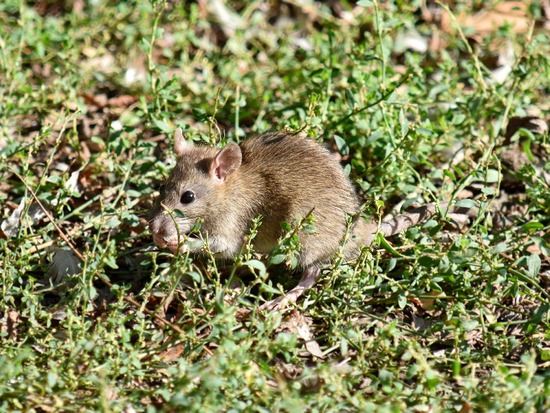
We might not think of rats as too dangerous, but the truth is that rats have caused trouble for humans all around the world for centuries. While rats are by no means unique among rodents in the diseases they carry, they often live in closer proximity, and exist in larger numbers, than other types of rodents do. This is best exemplified by the infamous spread of the black plague in the 1300s that killed tens of millions of people, but even today rats pose a serious threat as transmitters or spreaders of diseases like Hantavirus (HPS) and Leptospirosis.
Rats can also chew through wiring with their powerful bite, which can sometimes cause house fires. On top of all that, they can reproduce rapidly, with a rat couple able to produce up to 2000 offspring every year. This means a rat problem can quickly get out of control, and the odds for that problem to eventually become truly dangerous is constantly growing.
MICE
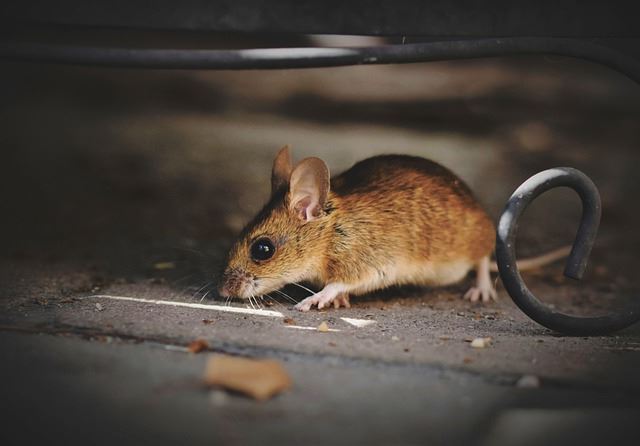
Mice, like rats, cohabitate with humans in a not-so-harmonious way. Their size and general cuteness might cause you to put your guard down in regards to mice, but make no mistake, they can be dangerous. Mice are also significantly bolder than rats; rats are rather shy and skittish creatures, but mice don’t mind taking big risks to get their hands on some food. In accessing and contaminating that food, mice can indirectly spread diseases like Salmonella to humans.
They can also cause damage to homes with their gnawing, and cause a similar threat that rats do regarding electrical fires. They can also destroy insulation — and while this isn’t conventionally dangerous, it can cost you money on heating and cooling costs.
So the two most dangerous rodents are the two you are probably the most familiar with. But what else classifies as a rodent?
RODENTS IN NORTH CAROLINA
The list of rodents that you’ll find in North Carolina is a pretty long one, so here we’ll focus on some of the more common, and give you a few important things to note about them (mice and rats excluded).
NORTH AMERICAN BEAVER
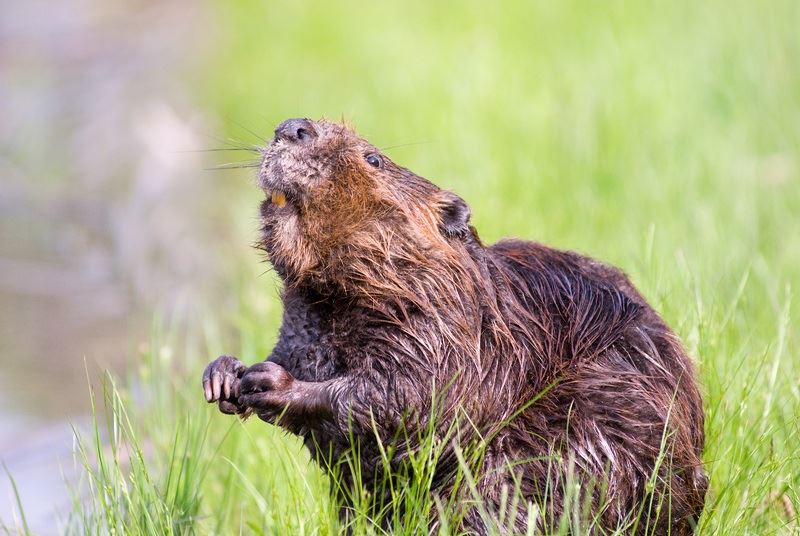
- Communicate through scent, vocalization, and tail-slapping.
- Have a plant-based diet.
- Are vital to establishing and preserving wetlands.
SQUIRRELS
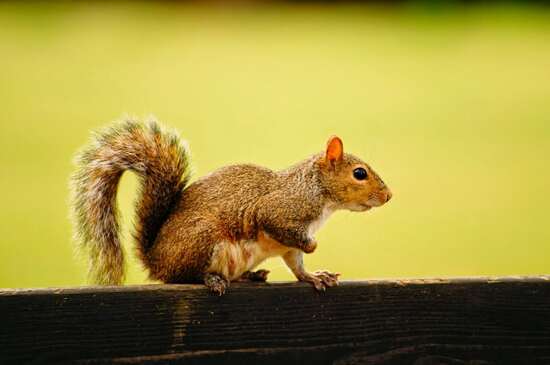
- Three types of squirrels are common in North Carolina: Southern flying squirrels, eastern grey squirrels, and fox squirrels
- Can damage the structures of homes with their chewing, increasing danger of electrical fires and power outages.
- Can chew through plumbing pipes, causing leaks.
GROUNDHOGS (WOODCHUCK)
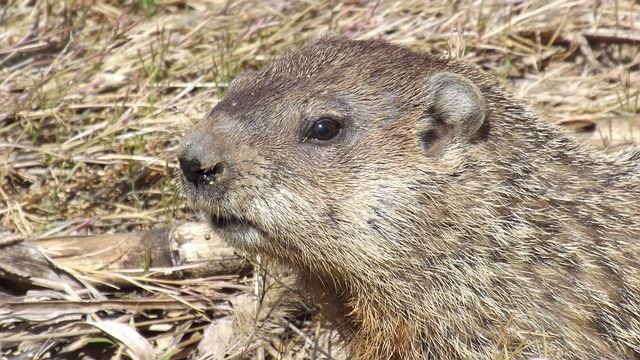
- Threaten gardens and yards with their burrowing holes.
- Can live up to 6 years in the wild.
- One of few animals that enter “true hibernation” in the winter.
VOLES (MEADOW MICE/FIELD MICE)
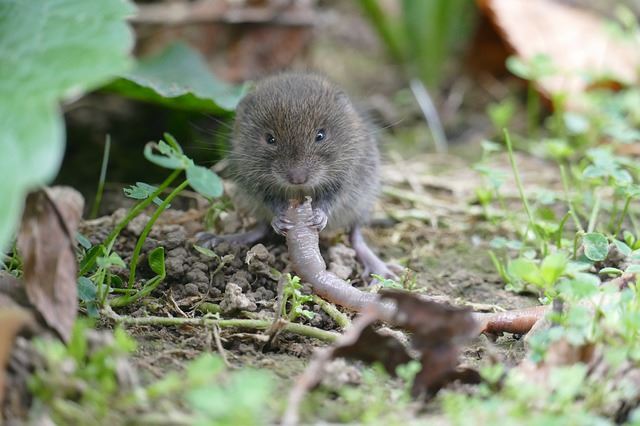
- Can spread disease and cause damage to crops, lawns, and fruit trees.
- Are relatives of hamsters.
- 2016 study showed that voles may exhibit empathy and consolation, much like humans, apes, and elephants.
CHIPMUNKS
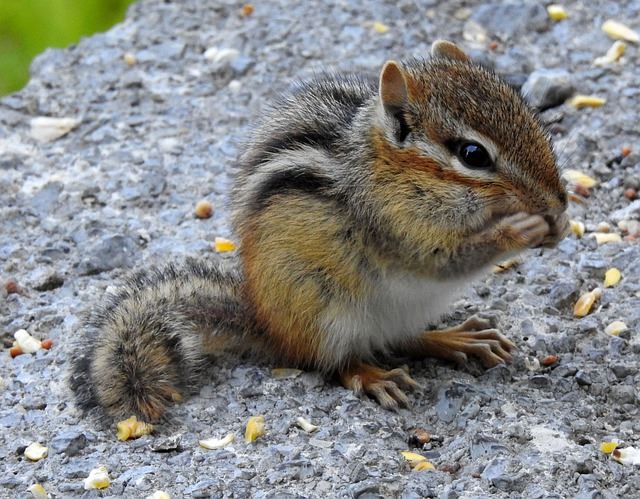
- Like other rodents, they can spread disease and cause structural home damage with relentless chewing.
- Occasionally eat newly hatched baby birds.
- Are found almost exclusively in North America.
IDENTIFYING AND PREVENTING RODENTS
It seems that nearly every type of rodent found in North Carolina presents some sort of threat, which makes prevention and identification an important step in protecting your home and your family from them. To prevent rodents:
- Seal holes inside and outside the home to keep rodents out. This may be as simple as plugging small holes with steel wool or patching holes in inside or outside walls.
- Remove potential rodent nesting sites from your property, including leaf piles and deep mulch.
- Clean up food and water sources in and near your house.
- Keep kitchen garbage in containers with tight-fitting lids.
- Turn compost piles to cover newly added food scraps.
- Stop feeding outdoor birds while you are controlling an infestation or feed only huskless items that leave less residue that can be food for rodents.
And here are some common signs of rodent infestation:
- Rodent droppings around food packages, in drawers or cupboards, and under the sink.
- Nesting material such as shredded paper, fabric, or dried plant matter.
- Signs of chewing on food packaging.
- Holes chewed through walls and floors that create entry points into the home.
- Stale smells coming from hidden areas.
CONTROLLING RODENTS IN NORTH CAROLINA
While some rodents rarely bother humans, it is clear that rodents are a problem, and even the most careful DIY prevention is no guarantee that your home will be rodent-free. City Wide Exterminating can help. We offer rodent control services to help get rid of an existing rodent problem, and with our Everyday Home Plan provide monitoring and prevention services to protect your home from rodents and over a dozen other pests. If you’re having rodent problems, or want to prevent them, get in touch with us for a free quote.
